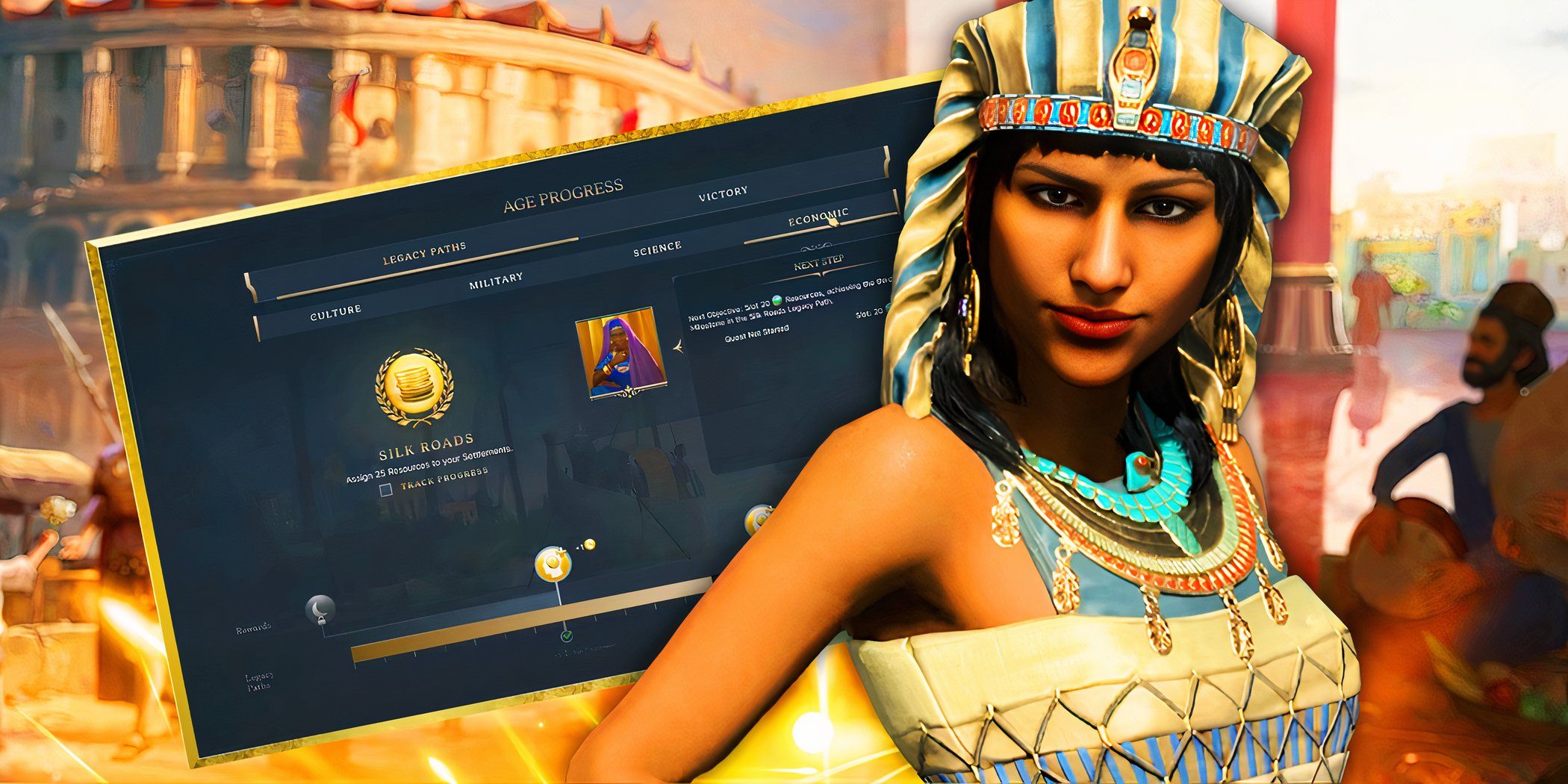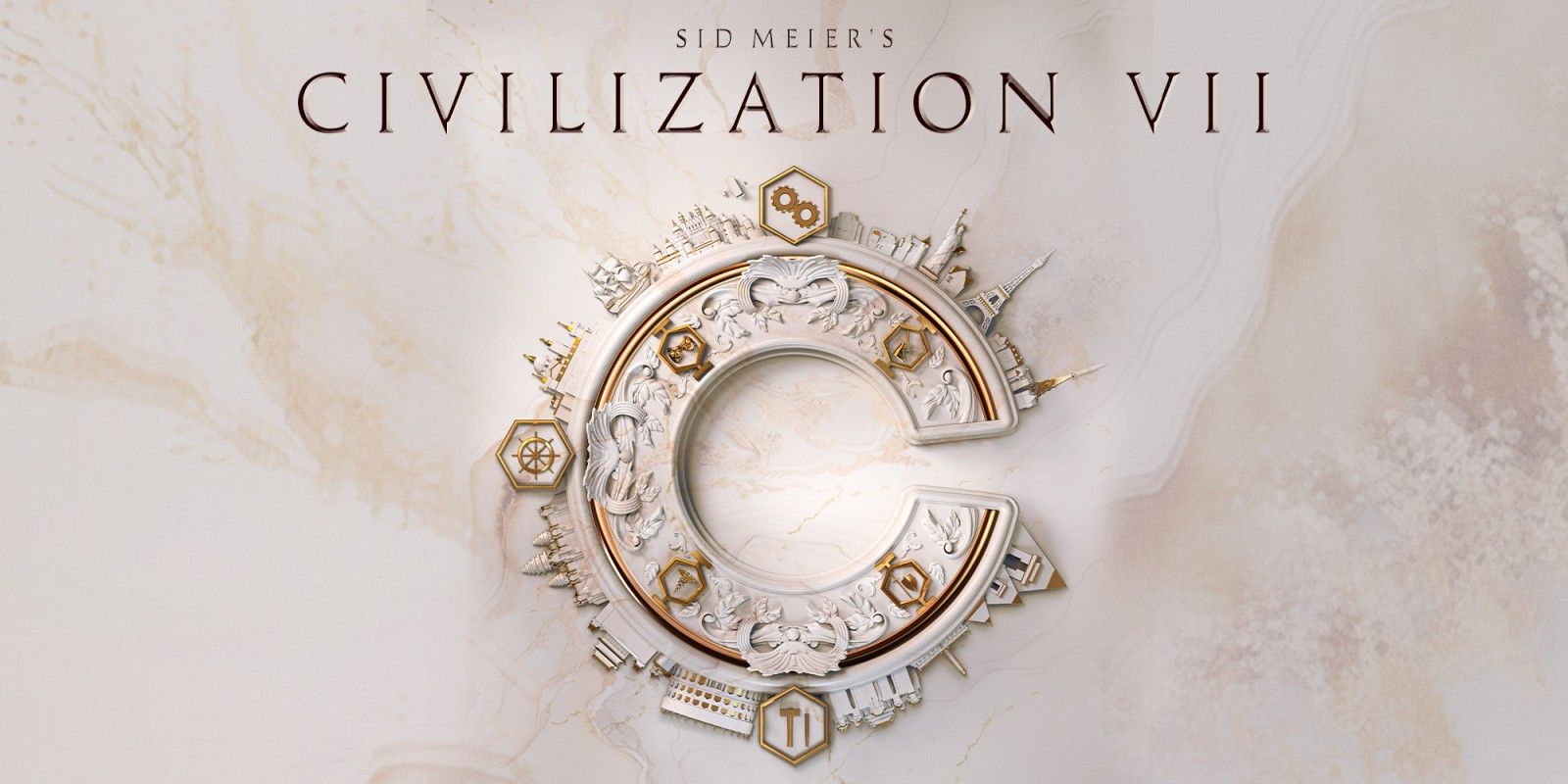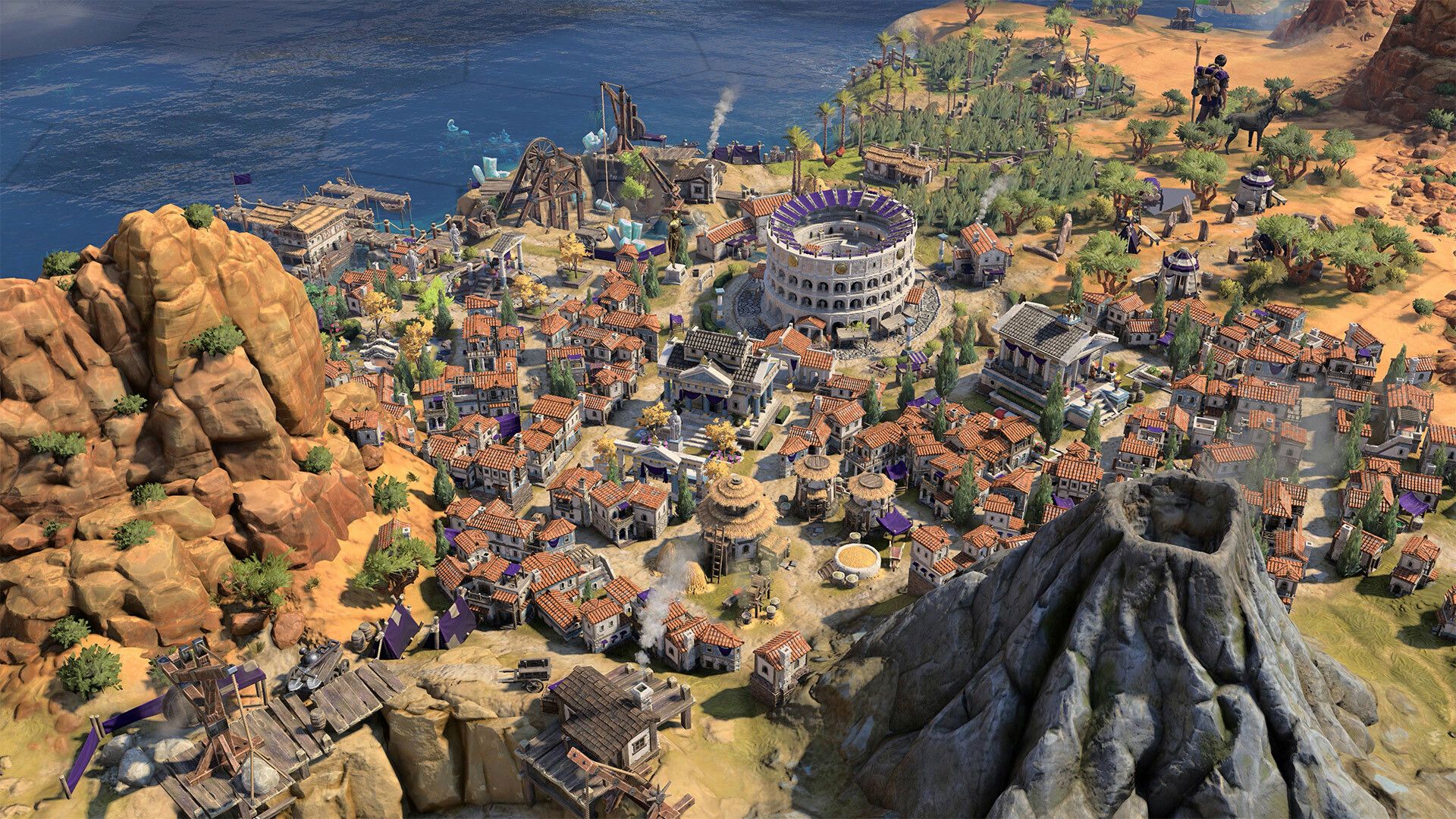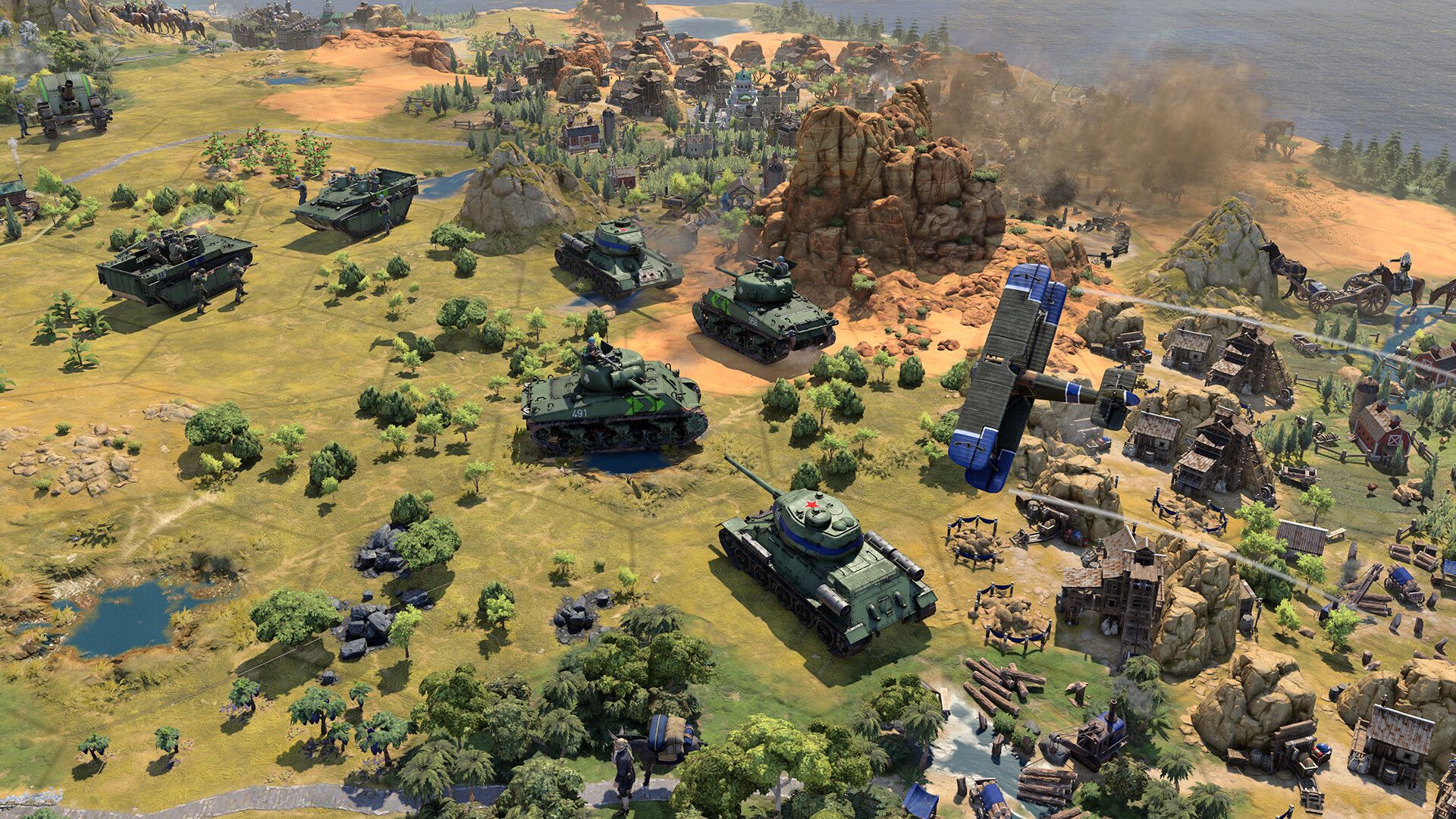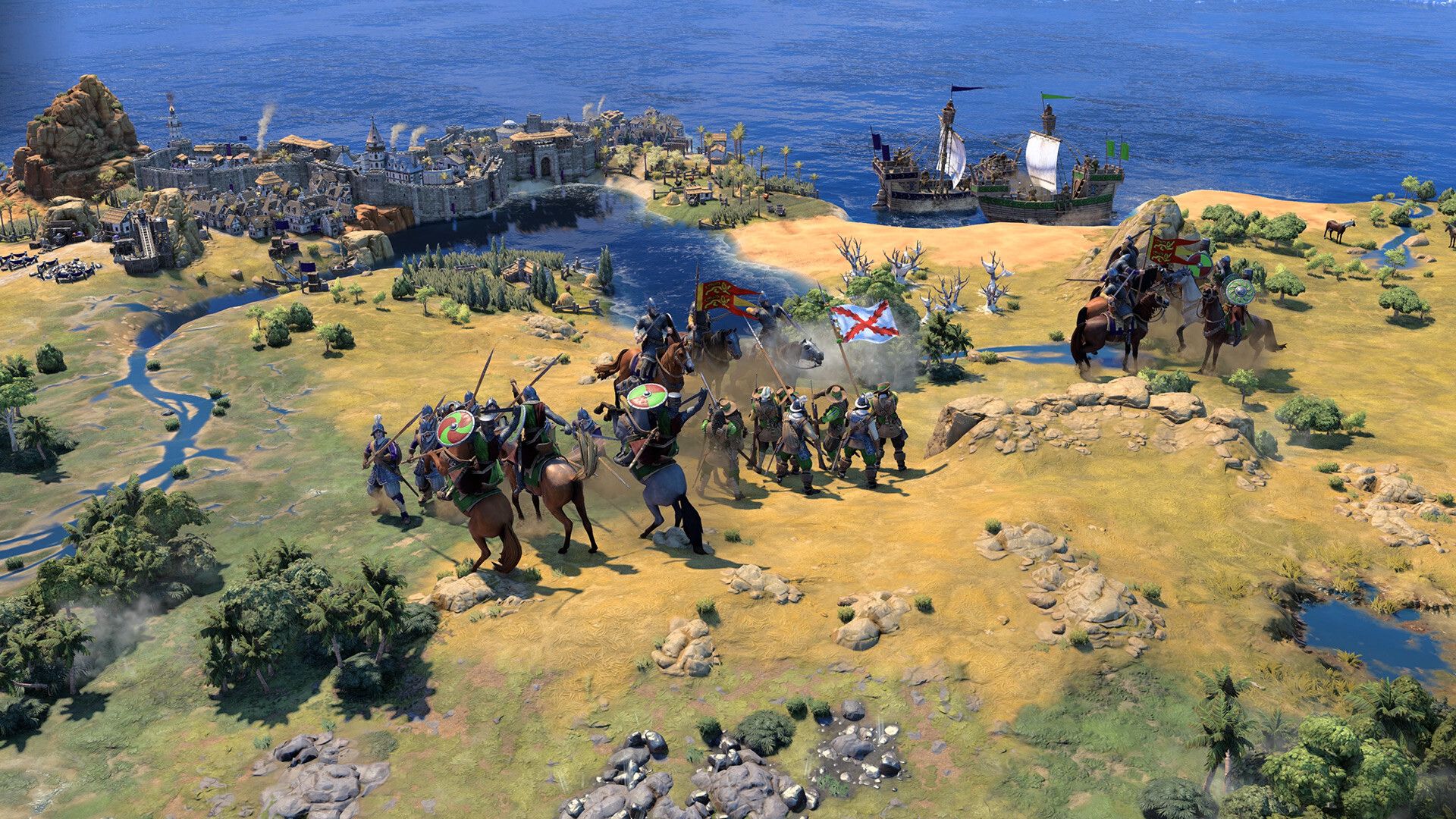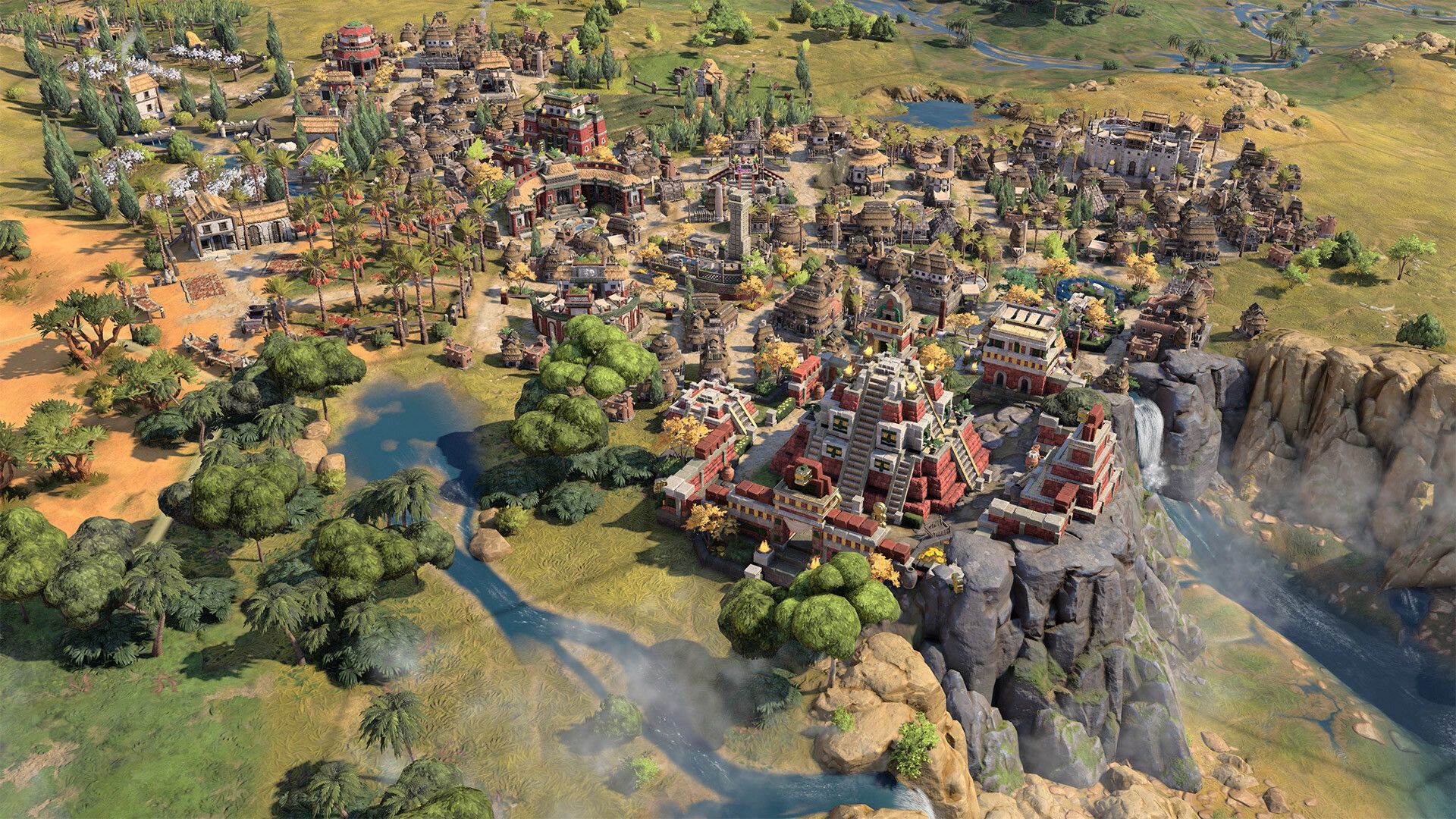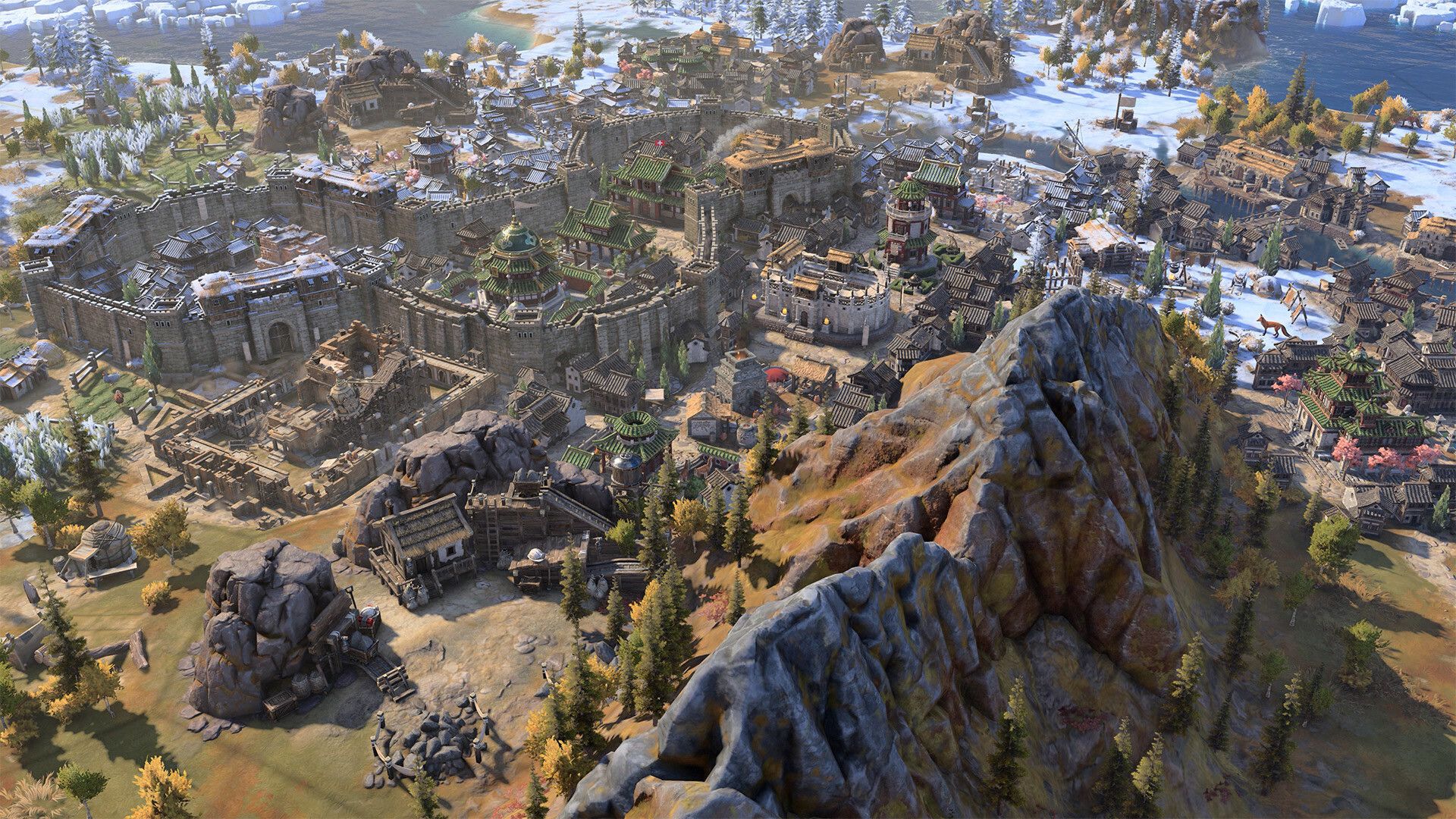Sid Meier’s Civilization VII
In ramp up for its eventual launch , Sid Meier ’s Civilization 7laid out a series of issues from previous games ( mostlyCiv 6 ) that this installation sought to address . These include snowballing , micromanagement , and civ balance , three major issues that preventedCiv 6players from dispatch cause in their entirety . Snowballing is the idea that a civilisation will start small and " snowball " into an unstoppable force , placing participant at an extreme advantage or disadvantage that can not be overcome . Civ 6’smicromanagement issueswere of fussy concern , as late gameplay want cycling through an extensive array of social unit and yield queues .
The balance issues thatCiv 7seeks to address fromCiv 6relate to how and when a civilization is most effective during a hunting expedition . If a particular civilization does n’t come online until late in the secret plan , there ’s not much incentive to use it . All three of these concern from previous games have definitely been address , but as a termination , novel trouble have been introduce . Overall , culture 7succeeds in improving the baffling features of its harbinger , but it look a whole new wave of issue that will be tough to puzzle out .
Civ 7’s New Systems Solve Old Problems
No More Snowballs Or Micromanagement
As far as accomplishing its stated destination to solve these problems , Civ 7goes above and beyond . Micromanagement has been reduced substantially due to a variety of gene , such as theremoval of Builder unit , the introduction of Towns that do n’t require Production queues , and Commander Units that make moving armies or fleets significantly more efficient . These are undeniable profits forCiv 7and make completing a campaign more doable — and more fun . While there are still some irksome aspects to the game , the presented solutions for micromanagement are absolutely successful in make the experience less ill-chosen .
Civilization 7 has ten Antiquity Age civilizations , each with their own unique Civic Trees that provide one - of - a - kind incentive and effects .
Snowballing has also been address effectively with the introduction of the Ages system that infract the biz into three distinct parts . The intemperate reset during an Age transition prevent players from becoming obscenely powerful ( though it is still possible to do so within a given Age ) . These Age transitions alsooffer instrumentalist a luck to pivot to a new strategyby deepen civilizations , reacting to the demand of the specific military campaign . Further , while Legacy Points give histrion a leg up with an eventual triumph undertaking , there will always be chance for the underdog to pull off a retort .
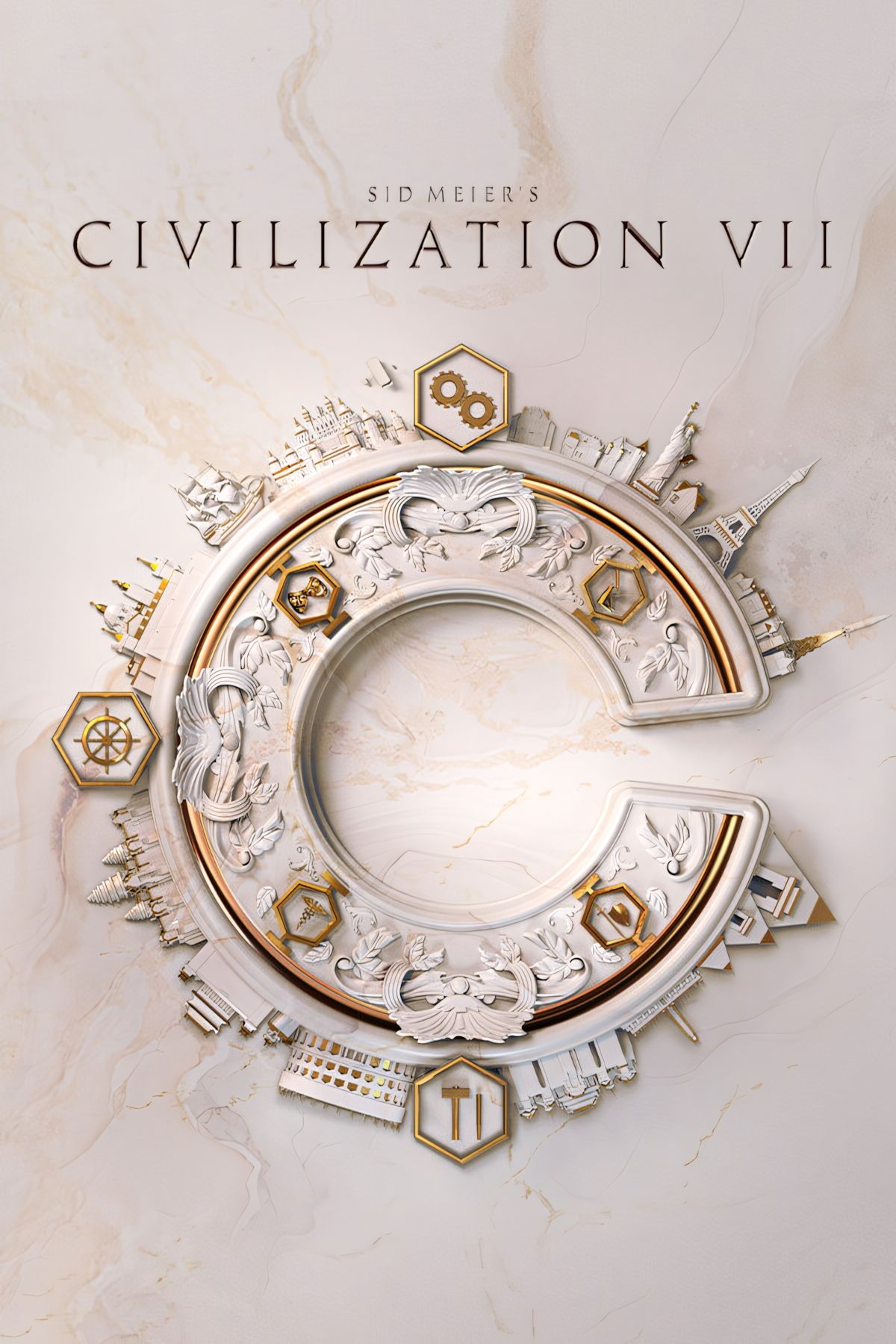
Civ 7’s Approach To Balance Could Be A Big Help
A More Equal Playing Field
Finally , civilization symmetry has been address , most directly by completely confining all civilizations into designated Ages . Now , as each leader chooses a new civ at the start of each Age , the playing field remains adequate across the Ages , with each civ being catered specifically to those Ages . no matter of which path a loss leader takes across the ages , strategical play should make it potential to get the most out of every Age without having to skin through other - game weakness for late - plot benefits .
The four Legacy Paths in Civilization 7 ’s Antiquity Age include the Cultural Wonders of the Ancient World and Military Pax Imperatoria .
drawing card may have a slight bent toward feature in a particular Age , such asIsabella ’s Distant Landsability for the Exploration Age , but none of these bonuses are enough to tip the scales unreasonably in anyone ’s favour . Civ balance can also be adjusted within each Age via patches or Mods if an single power / civilization appears too sweep over .
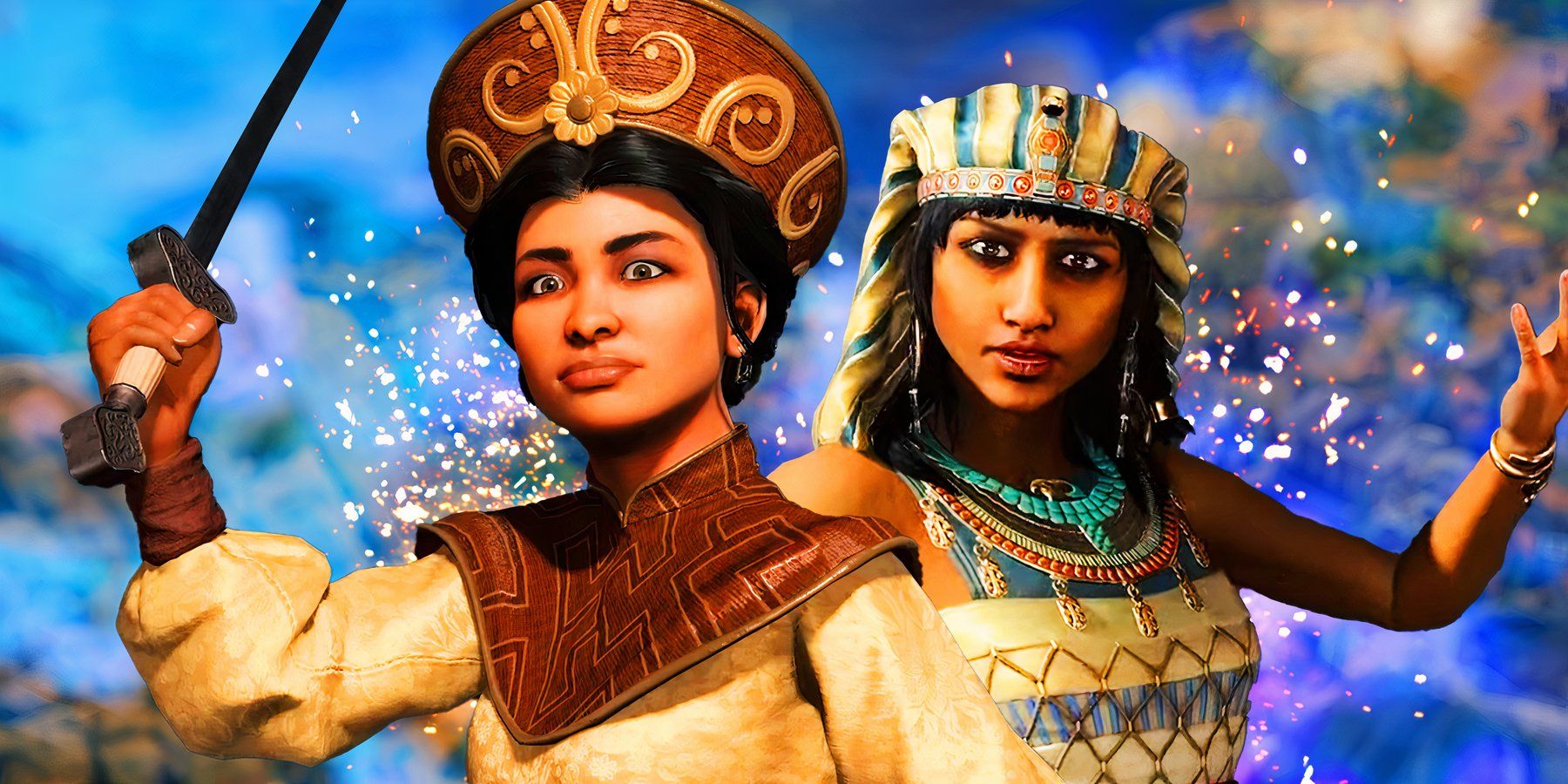
Custom image by Katarina Cimbaljevic
Thanks to its changes , Civ 7should have a much higher chance of keeping role player interested and invested in a campaign to see it through to the death . alas , in call these job , Civ 7has also introduceda whole fresh set of issuesthat do n’t have immediately clear solutions . These include concern about the impact that Age transitions have on momentum , the historical and logical gulf between Civs and Leaders , and more rigid gameplay resulting from the Legacy Path system .
Civ 7’s Solutions Introduce New Problems
Disruptive Age Transitions Kill Momentum
While the Ages organization is exceedingly good at reducing snowballing , it ’s also extremely troubled to the flow of gameplay . At the beginning of the Exploration and Modern Ages , virtually everything of significance resets , render much of the progress made in the previous Age irrelevant . The accumulative impact of all cities reverting to towns , unit being diminished and relocated , building and quarters lose their production , etc . makes the Age modulation a serious momentum orca . Most significantly , if a musician is at war at the remainder of an Age , thewar does not take over to the next Age .
These 10 tips and magic trick will help players voyage the Antiquity Age and its unique gameplay mechanics in Sid Meier ’s Civilization 7 .
This is free by the idea thatAge transitions represent a Brobdingnagian leap forward in meter , so any wars that were move on in Antiquity have since fizzled out . As players are n’t there to see it fizzle out , however , it encounter abruptly and seemingly without consequence . Relationships may remain uncongenial , but are all reset slightly toward Neutral at the good turn of an Age . If a player is one twist away from conquering a Settlement and the Age ends , that Settlement is fully doctor on the next turn . disregarding of the justification , its impact on impulse can be annihilative in practice .
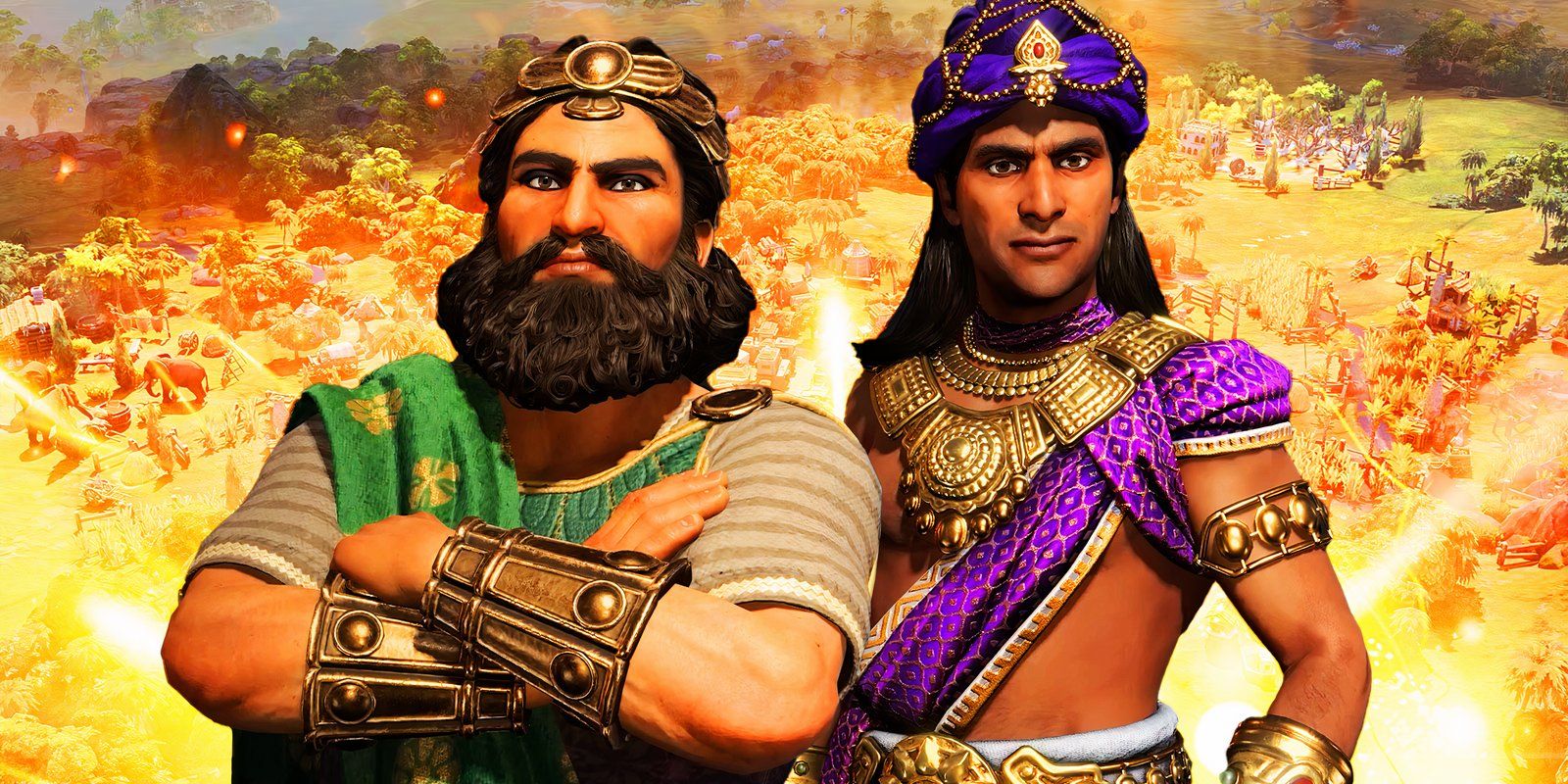
It feels a little strange to rule a civilization like Hawai’i with a loss leader like Napoleon .
Another key component of the Ages scheme is the comprehension of Legacy Paths . These course are design to put up a sense of direction across the entirety of the political campaign , incentivizing a focus on one or multiple Legacy Paths to larn as many Legacy point as possible by the Modern Age . TheseLegacy Paths arguably result in more rigid gameplay , manoeuver player in a sealed direction based on a given leader or civilization ’s strengths . Legacy Paths allow utile milestones , but are largely different versions of the same thing in each Age : gather Great Works , develop Resources , install Settlements , and develop Cities .
Catherine the Great can achieve Civilization 7 ’s Cultural Victory with Greece , Norman , and Russia as her civilizations of choice during each Age .
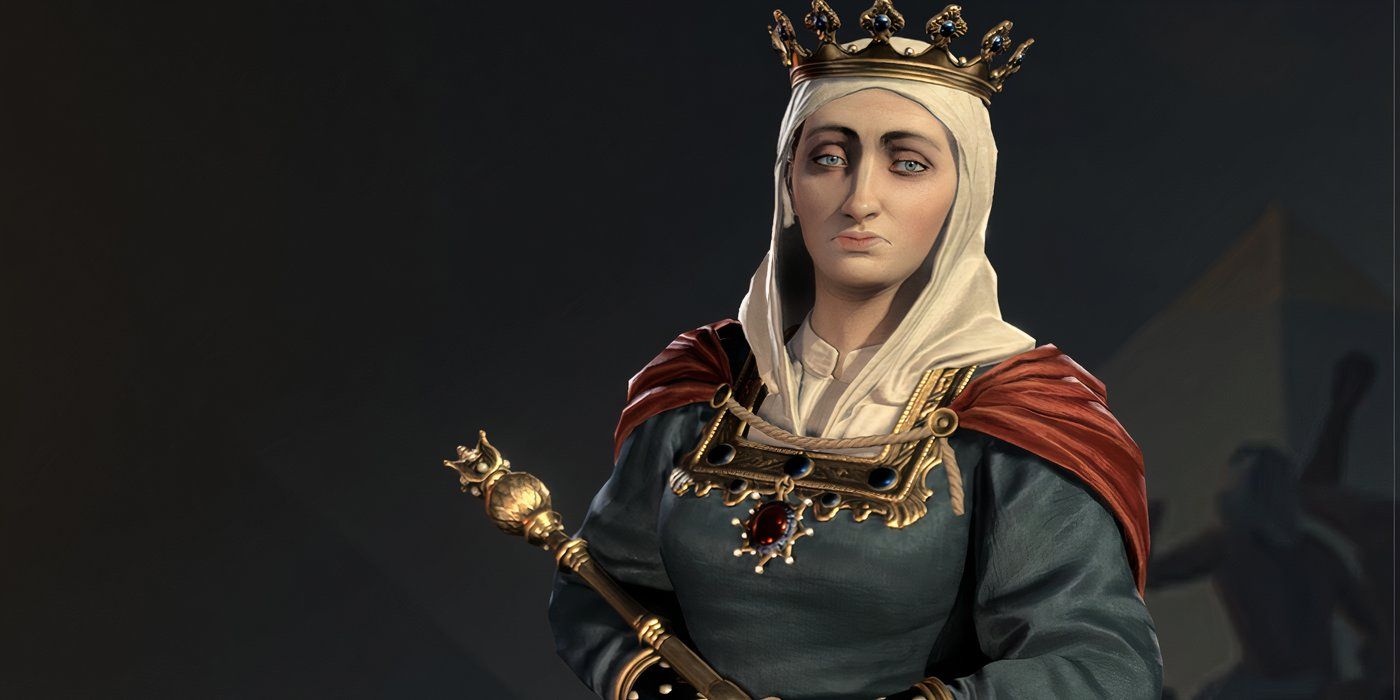
in conclusion , the Ages system also let in a major paradigm transmutation : the decoupling of civilizations and leader . While it might impart a mother wit of phantasy and freedom to the game , it feels a little strange to rule a civilization like Hawai’i with a leader like Napoleon , for example , providing a major disconnect between leaders and civilizations that has never been a feature of the franchise in the past times . At the end of the day , it ’s simply a footling weird to not be able-bodied to take on a game ofCivilization 7as one civilization across all three Ages .
Your Rating
Your commentary has not been saved
